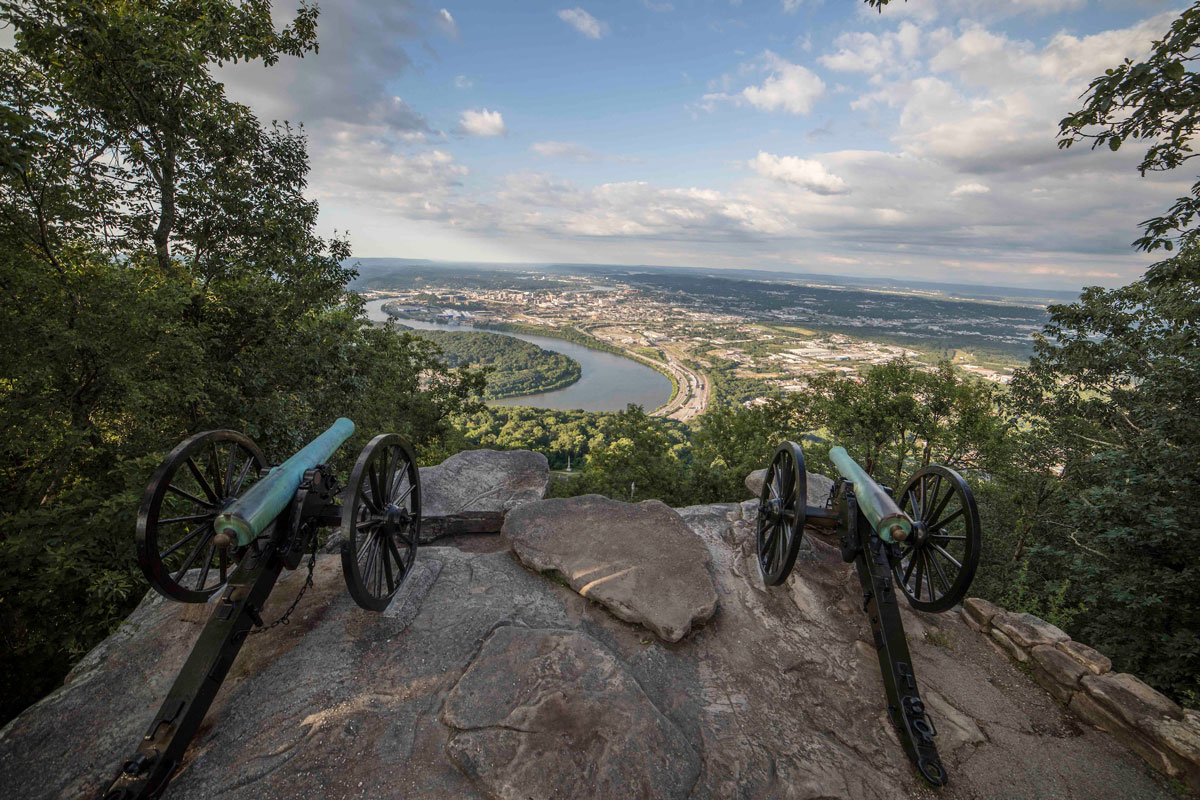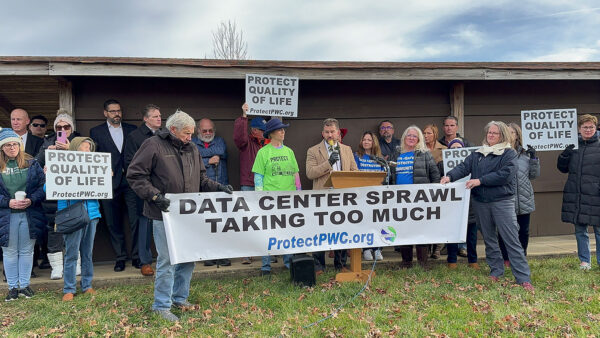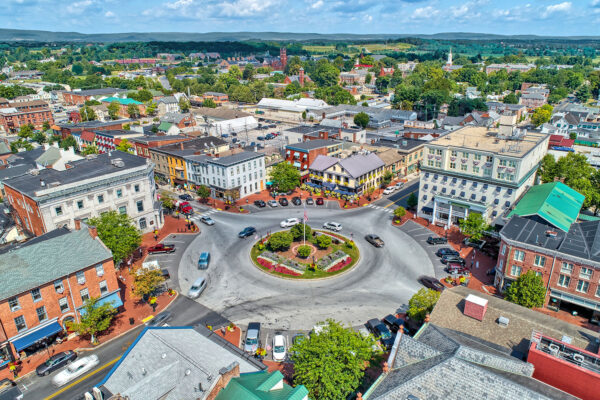 Buddy Secor / American Battlefield Trust
Buddy Secor / American Battlefield TrustOngoing preservation work at Civil War sites in Tennessee, such as in Chattanooga (shown here), is unquestionably affected by support the Tennessee Civil War Sites Preservation Fund provides.
Tennessee endured scores of significant battles central to the Civil War’s outcome (only Virginia saw more) and they were fought over almost the entirety of the hostilities. Those battlefields are more than dots on a map; they are tangible connections to the historic events that shaped the United States. Preserving them has required a robust network of organizations, dynamic collaboration between government agencies at all levels, and interest from the nonprofit sector. Rising land costs across the Volunteer State have made the availability of its unique state-level funding mechanisms more important than ever. Last year alone, massive preservation projects at Franklin, Nashville, and Stones River would not have been feasible without the Tennessee Civil War Sites Preservation Fund (TCWSPF), administered by the Tennessee Historical Commission.
Not so long ago, much of the Franklin Battlefield lay buried under parking lots and strip malls, but a dedicated grassroots effort has been rolling up the asphalt lot by lot, acre by acre. In November, preservationists celebrated acquisition of a 0.63-acre property on Columbia Avenue that will be transferred to the City of Franklin for incorporation into the Carter Hill Battlefield Park.
Since 1996, the Trust has partnered with organizations like Franklin’s Charge and the Battle of Franklin Trust, and supported by all levels of government, to purchase, restore, and interpret 182 acres of battlefield land. Because so much of it had been developed as commercial real estate, the land was valued at a staggering nearly $23 million. This most recent work—like much before it—would not have been possible without the TCWSPF, which provided a grant of nearly $1 million to the $5.03 million project. Further funding was provided by the federal American Battlefield Protection Program, the City of Franklin, and local partner groups.
Almost simultaneously, another hugely ambitious preservation project long in the making came to fruition: a $9.5 million campaign to acquire a 2.36-acre property next to Fort Negley Park, a UNESCO Site of Memory because of its links to emancipation. The project, made possible through federal and state matching grants, nonprofit efforts, and enthusiastic support from the city, dovetails with Metro Nashville’s $12 million investment in phase one of a master plan to restore, repair, and enhance the park. Even with such massive municipal support, the steady presence of state funding mechanisms was critical to the project.
These projects demonstrate not only the power of collaboration but also the need for continued state-level funding to protect the state’s Civil War heritage. Confidence in the availability of such funding empowers preservation groups like the Trust to pursue costly and ambitious projects—sometimes in parallel—not fearing that support for their work won’t be coming from the state capital.
Fast on the heels of these encouraging developments, the Trust announced yet more Tennessee projects that will make use of TCWSPF monies—at Spring Hill and Chattanooga. Learn more at battlefields.org/west.
David Duncan is president of the nonprofit, nonpartisan American Battlefield Trust, which is dedicated to preserving America’s hallowed battlegrounds—Revolutionary War, War of 1812, and Civil War—and educating the public about their significance.




